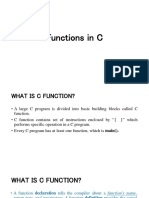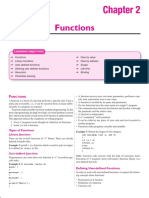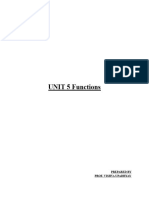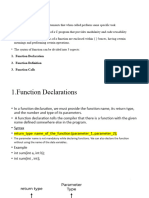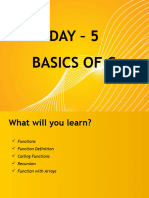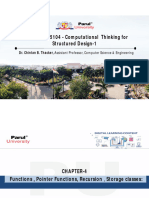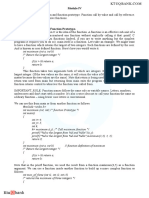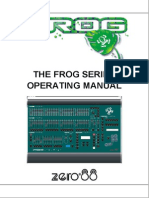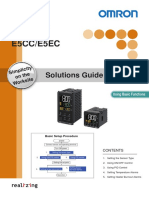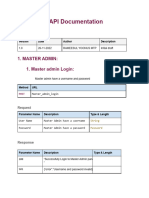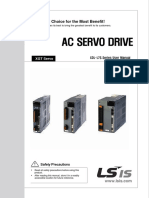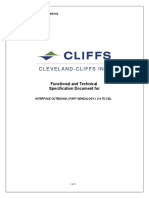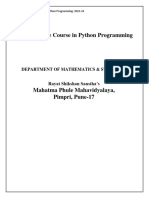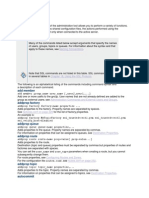0% found this document useful (0 votes)
19 views26 pagesL03 - Functions
The document provides an overview of functions in C programming, including their role, types (predefined and user-defined), and methods for passing data (call by value and call by reference). It also discusses recursion, its types (direct and indirect), and the advantages and disadvantages of using recursive functions. Additionally, it covers function declaration, definition, and calling, along with memory allocation for recursive functions.
Uploaded by
1DA20EC106Puneeth NCopyright
© © All Rights Reserved
We take content rights seriously. If you suspect this is your content, claim it here.
Available Formats
Download as PDF, TXT or read online on Scribd
0% found this document useful (0 votes)
19 views26 pagesL03 - Functions
The document provides an overview of functions in C programming, including their role, types (predefined and user-defined), and methods for passing data (call by value and call by reference). It also discusses recursion, its types (direct and indirect), and the advantages and disadvantages of using recursive functions. Additionally, it covers function declaration, definition, and calling, along with memory allocation for recursive functions.
Uploaded by
1DA20EC106Puneeth NCopyright
© © All Rights Reserved
We take content rights seriously. If you suspect this is your content, claim it here.
Available Formats
Download as PDF, TXT or read online on Scribd
/ 26













